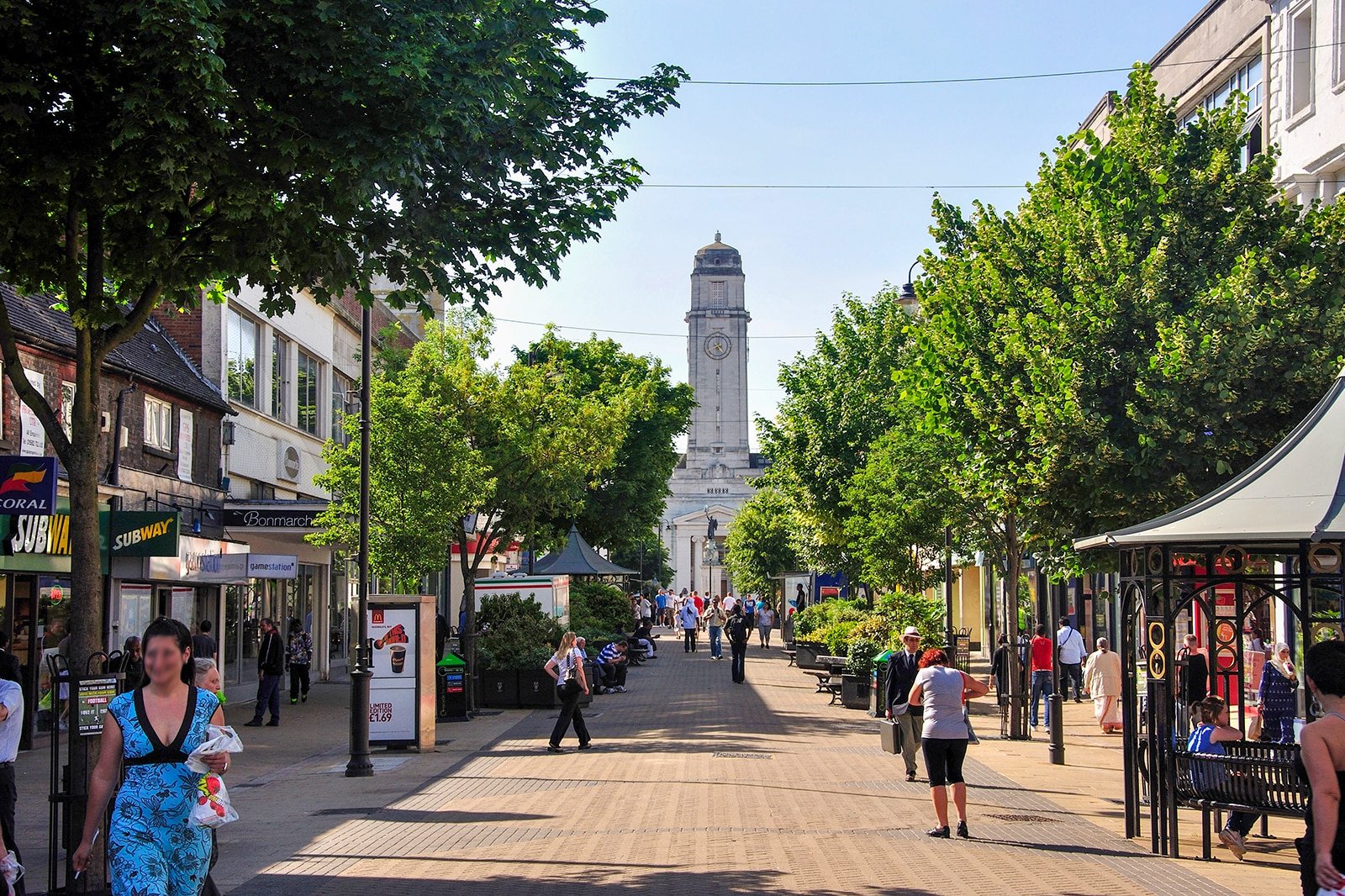OPINION: “Urban centres must return to their origins as places for local communities”
Written by Paul Clement
As part of my research at the University College London, I recently read a journal article titled ‘Stretching Urban Renaissance’ (Gordon MacLeod and Craig Johnstone, 2012), the focus of which was the transformation required within English cities at a time after the 2008 financial crash and in an age of austerity.
Ten years on and it made me think how far – if at all – have we come? Post-covid, we face similar uncertainties; financial restraints, global insecurities and huge changes to consumer habits. In the interim, there have been major structural issues – Brexit for one – that have diverted attention away from the deep structural issues affecting our urban centres.
With bricks-and-mortar retail in decline and out-of-town or internet shopping as viable alternatives, the very meaning of places is at stake. Changing government policies over the last decade have, perhaps unsurprisingly, stimulated inter-urban competition (much of it politically driven) for funds to complete a series of projects, without much thought to the strategic rationale, or vision, for these.
MacLeod and Johnstone emphasise the importance of “civilising place”. Even more so ten years on, town and city centres are in demand as places to live and so build new communities. But, if not carefully applied, the process of place-shaping can embody tendencies of gentrification and exclusion.
Naturally, everyone wants their ‘place’ to be well maintained and managed. Often, at least part of the role is undertaken by the private sector via town centre management organisations, Business Improvement Districts or private developments such as gated communities or shopping centres. But there is a warning in much of the literature that comes from America which suggests that overly privatised places can easily begin to feel sanitised and exclusive.
That should not be what we aim to achieve here. As we reinvent and reshape our urban centres, most must return to their origins as places for local communities. Housing for all, not just swanky apartments for the up-and-coming. Quirky independent retailers, not just the latest high street names. Community spaces and uses such as medical hubs, not just vacant spaces waiting for the next available shop. It is the diversity and density (some might say the awkwardness of different uses rubbing up against each other) that makes each city interesting and differentiated.
The very best way to tackle a crisis is to treat it as an opportunity. Town and city centres won’t return to any sense of a ‘new normal’ even when the economic cycle eventually swings upwards. It is local communities (residents, businesses and other stakeholders working together) that need to drive real and lasting change. What will bring about the revolution needed, will be a determination that our urban centres must first serve the needs, wants and aspirations of their local communities.
Join the conversation on LinkedIn.



